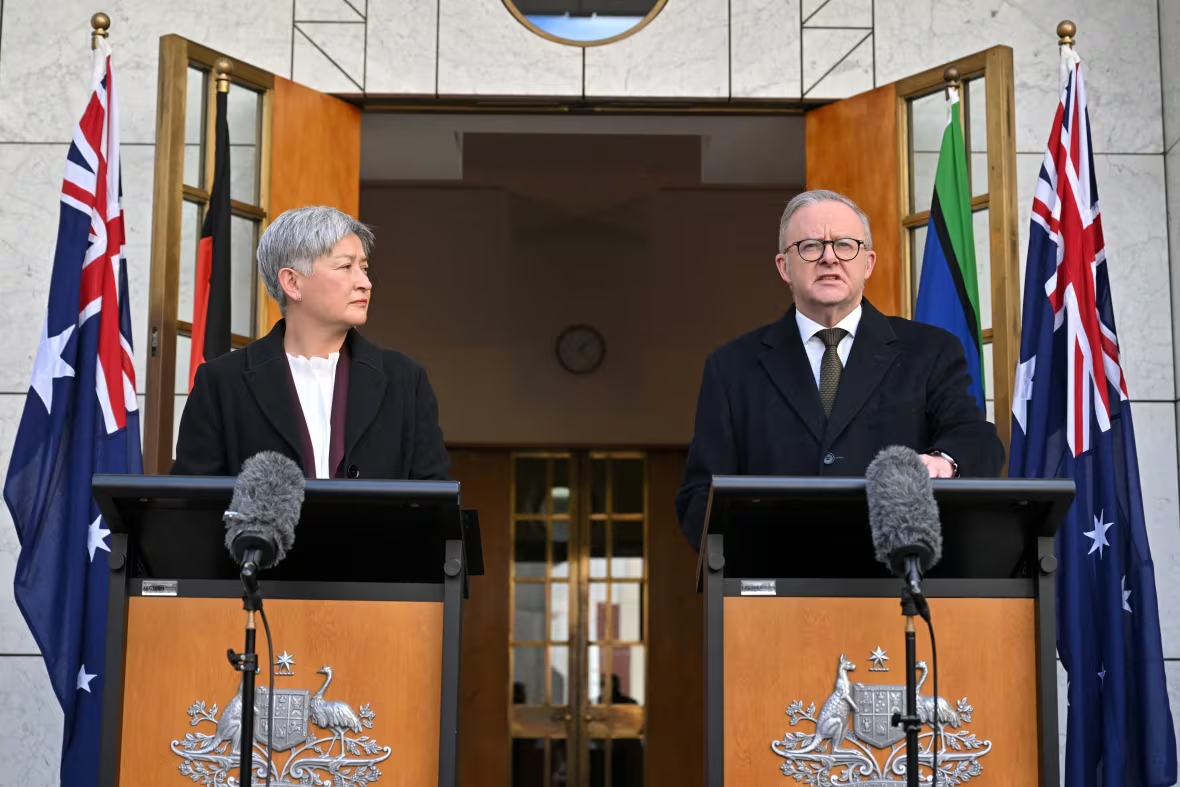Australia Blames Iran for Coordinated Attacks
The Australian government has officially accused Iran of orchestrating arson attacks on a kosher food company in Sydney. Additionally, the Adass Israel Synagogue in Melbourne was targeted. Prime Minister Anthony Albanese stated that intelligence collected by the Australian Security Intelligence Organization confirms the Iranian government’s involvement. This marks an unprecedented accusation of foreign aggression on Australian soil. It raises concerns about national security and the protection of minority communities.
The attacks reflect a disturbing trend of antisemitic incidents in major Australian cities. This trend is partly linked to tensions in the Middle East. Authorities have already arrested several suspects suspected of executing these acts under direction from foreign operatives. Legal and intelligence experts suggest that such international interference poses serious challenges. These challenges affect local law enforcement and the broader security apparatus.
Diplomatic Fallout and Travel Warnings
Following these revelations, Australia expelled Iran’s ambassador Ahmad Sadeghi and recalled its diplomats from Tehran. They redirected them to a third country. Citizens in Iran were urged to leave if possible. The Australian Government highlighted heightened risks for foreigners, including arbitrary detention, in their travel advisories.
The breakdown in diplomatic relations underscores the growing tension between Australia and Iran. Canberra maintains minimal contact to safeguard national interests. Analysts note that such moves could reshape alliances in the region. They may also influence international responses to state-sponsored aggression.
Australia Targets Iran’s Revolutionary Guard
In a legislative effort to counter Iran’s influence, Prime Minister Albanese aims to classify Iran’s Revolutionary Guard as a terrorist organization. The Revolutionary Guard’s Quds Force has a history of conducting operations abroad. These operations target dissidents and minority communities. Organizations such as the Executive Council of Australian Jewry have welcomed this move. They emphasize the need to protect Jewish Australians and uphold social cohesion.
Experts argue that these developments highlight broader implications of state-sponsored attacks on foreign soil. International diplomacy, security policies, and counterterrorism strategies may be reshaped. Nations respond to acts of aggression by foreign governments. For detailed analysis on global security and terrorism threats, institutions like the Council on Foreign Relations y Brookings Institution provide extensive research and updates.







